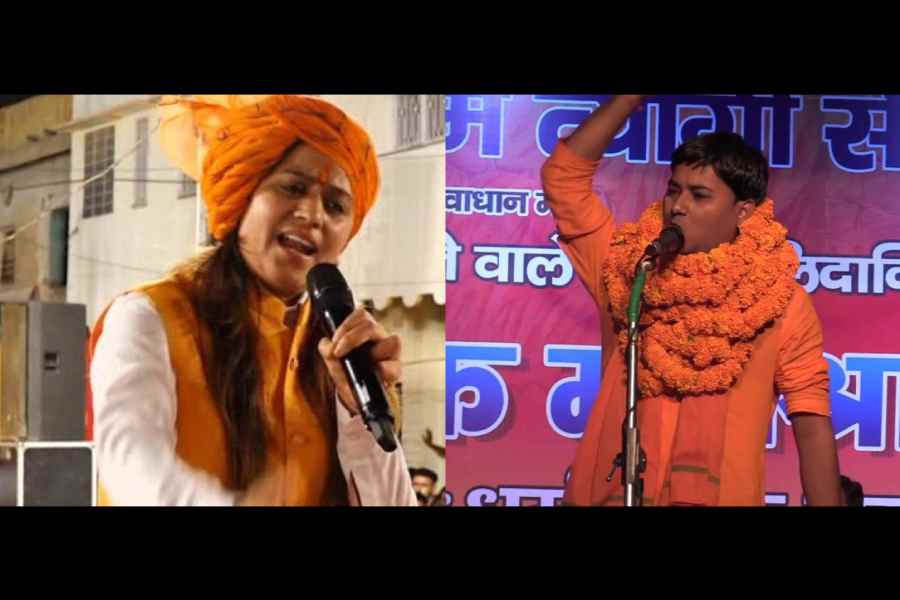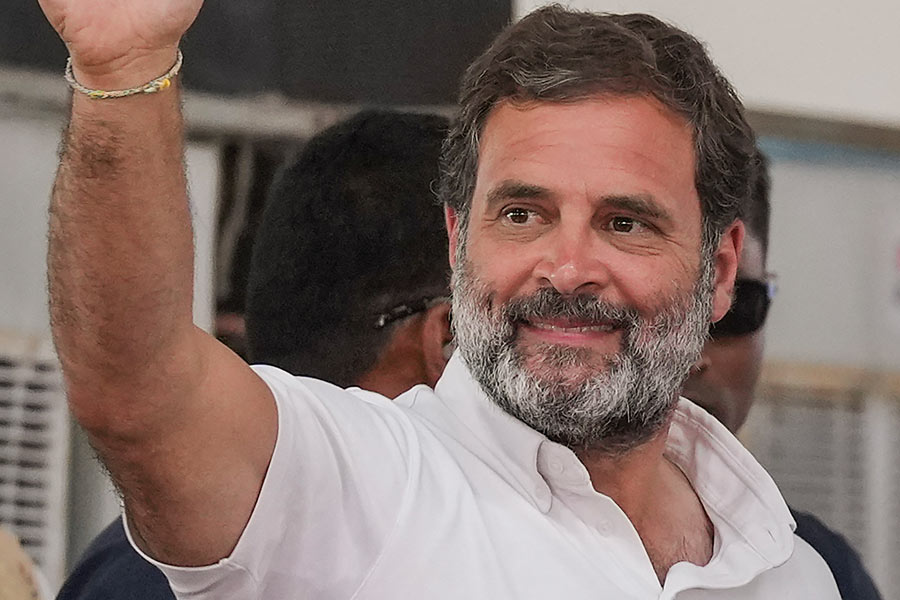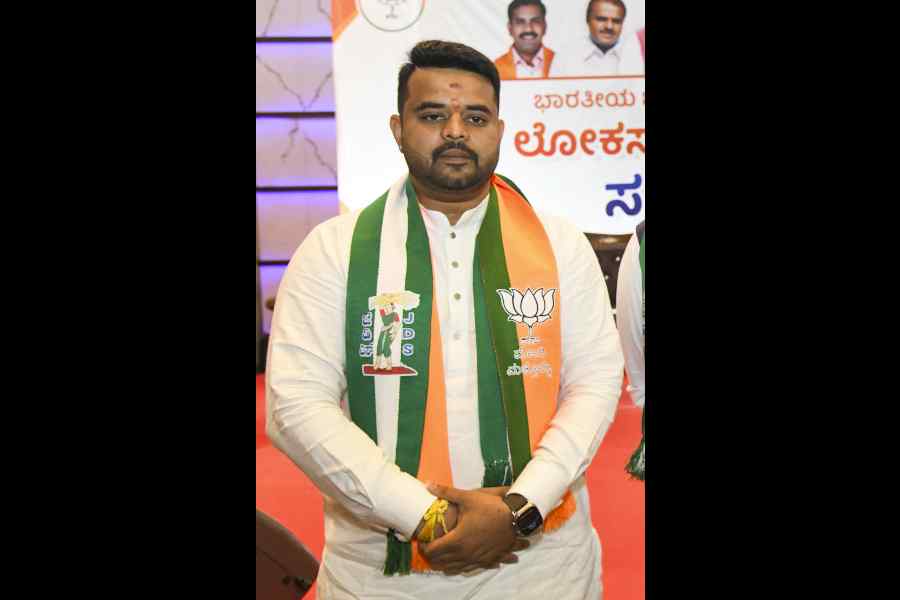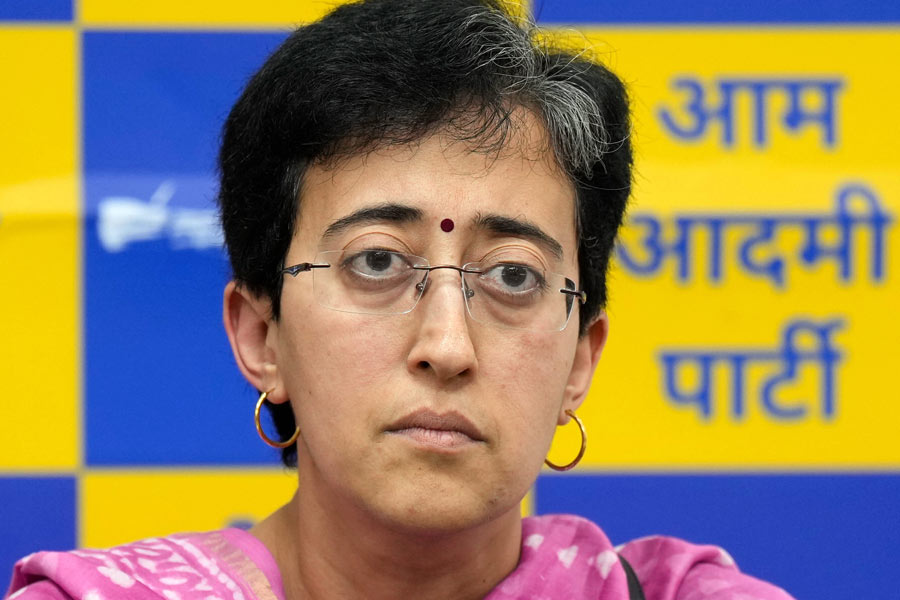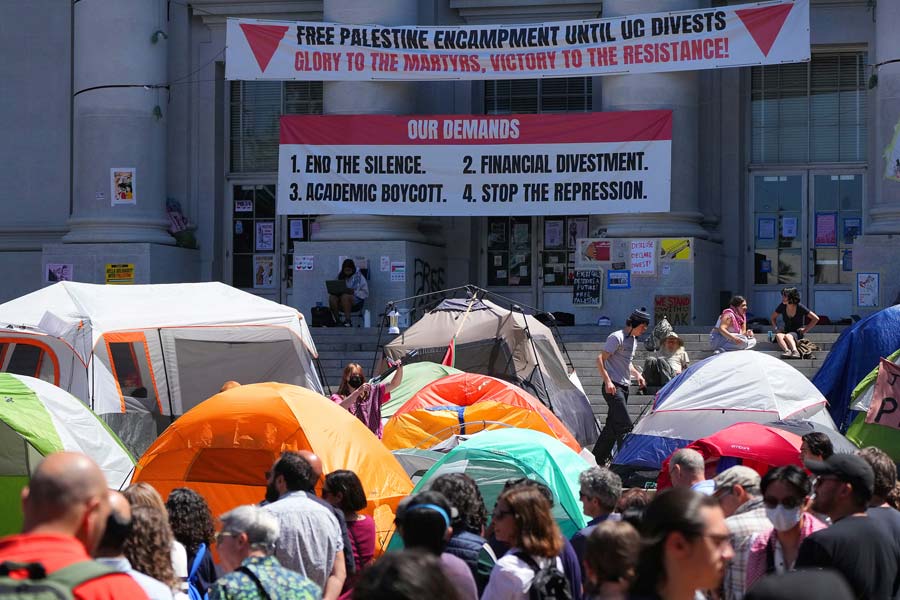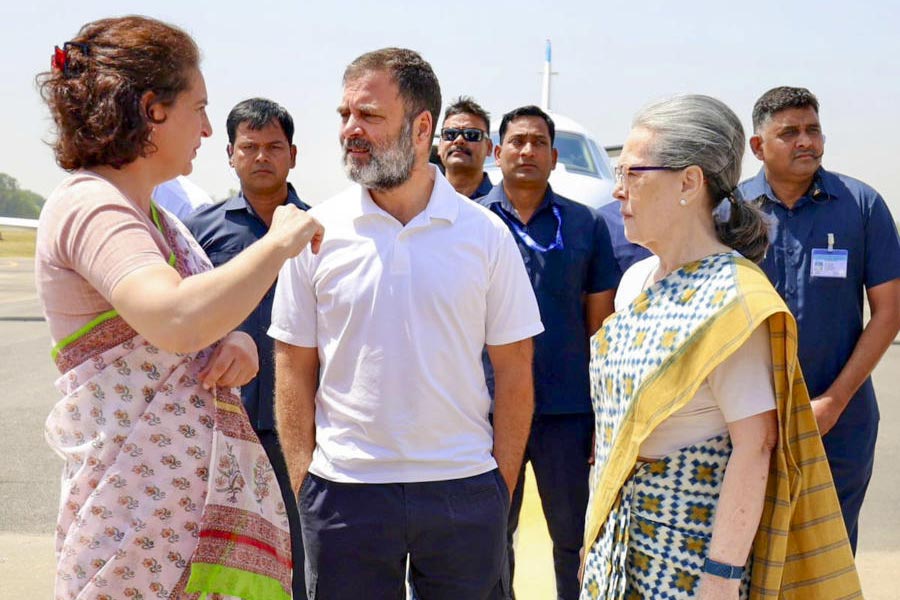H-POP: THE SECRETIVE WORLD OF HINDUTVA POP STARS
By Kunal Purohit
Harper Collins, Rs 499
Art has always played an important role in shaping society. Be it depicting even the most minute characteristic of being in love or the depths of living through a painful memory, art has been able to connect our collective memory since time immemorial. But what happens when art is misused to instigate the masses? The journalist, Kunal Purohit, investigates this theme in his book, which he starts by asking three simple questions: “Can a song trigger a murder? Can a poem spark a riot? Can a book divide a people?”
His introduction to the world of what he has termed “H-Pop” was the murder of a young Muslim man in Gumla, Jharkhand, in 2017, by a group of Hindu men intoxicated on songs laced with hate. The worst part of the entire episode was the fact that the killers actually knew the twenty-year-old victim and, yet, decided to do what they did. This chilling, real-life killing made the author embark upon this journey to reveal the underbelly of Hindutva pop culture.
H-Pop tells the tale of three individuals and their introduction to such a genre in their respective art forms. Kavi Singh, a singer who sang her first song only in 2019, has since recorded more than 80 songs. The daughter of the famous Haryanvi singer, Ramkesh Jiwanpurwala, her claim to fame was a poem on the Pulwama terror attack which purposefully targets the so-called ‘enemies’ living among us and indirectly called for boycott and violence against Kashmiris. Since then, she has been coming out with songs on almost all the talking points of right-wing propaganda.
The second person under Purohit’s gaze is Kamal Agney, a twenty-eight-year-old poet known for churning out verses on the imagined enemies of Hindus and how Indian politics has failed the majority community. His expertise lies in selectively picking up narratives from the past to portray a skewed version of the history. In one of his poems, he justifies the killing of M.K. Gandhi. To support his claim, he tells how Gandhi did nothing to save Bhagat Singh, Sukhdev and Rajguru and how if he had not been killed, it would’ve not only led to Hindus being forced to pray at Mecca and Medina but also a second Partition. Agney’s narrative shows how one needs to constantly create a web of lies and deceit to further this kind of propaganda that is devoid of any historical backing.
Purohit ends the book with the story of the writer-publisher, Sandeep Deo. Once a journalist, Deo wanted to do something more for his cause but after some of his initiatives failed, he came up with his publishing house and an e-commerce website where he sells his books. But what separates him from the other two is his critical view of the Bharatiya Janata Party and Prime Minister Narendra Modi who, Deo believes, is not radical enough towards the cause of Hindutva. Along with
his friend, Deo has created a
political outfit named Ekam Sanatan Bharat Dal and plans on mobilising candidates to contest elections.
These stories do not exist in a vacuum; instead, they are suggestive of the rot that is festering in India’s body politic. Purohit’s book unveils the glaring reality of today’s India where hatred is openly and unabashedly being fed into the minds of common people leading to violent events. The kind of communal pressure that is being exerted upon the minds of a people already suffering in their daily lives because of the lack of jobs and economic deprivations adds up to create a cocktail of frustration looking for a release. In the West, the right-wing has blamed immigrants for all kinds of problems that their citizens are going through. An almost similar script has been copied in India with one difference: immigrants have been replaced by Muslims.
H-Pop is a fervent wakeup call to reclaim the progressive idea of India and prevent Indian society from delving into chaos.

